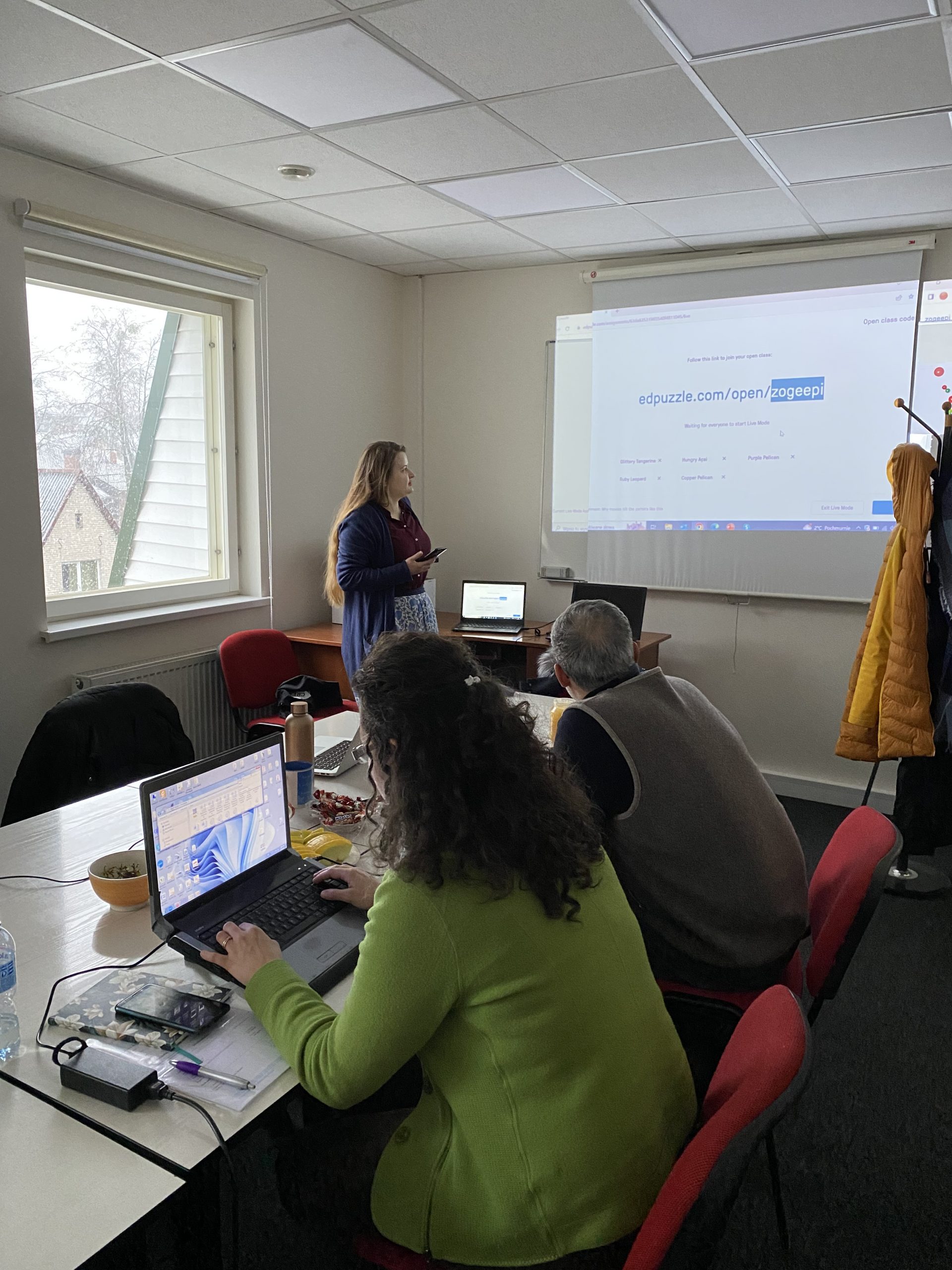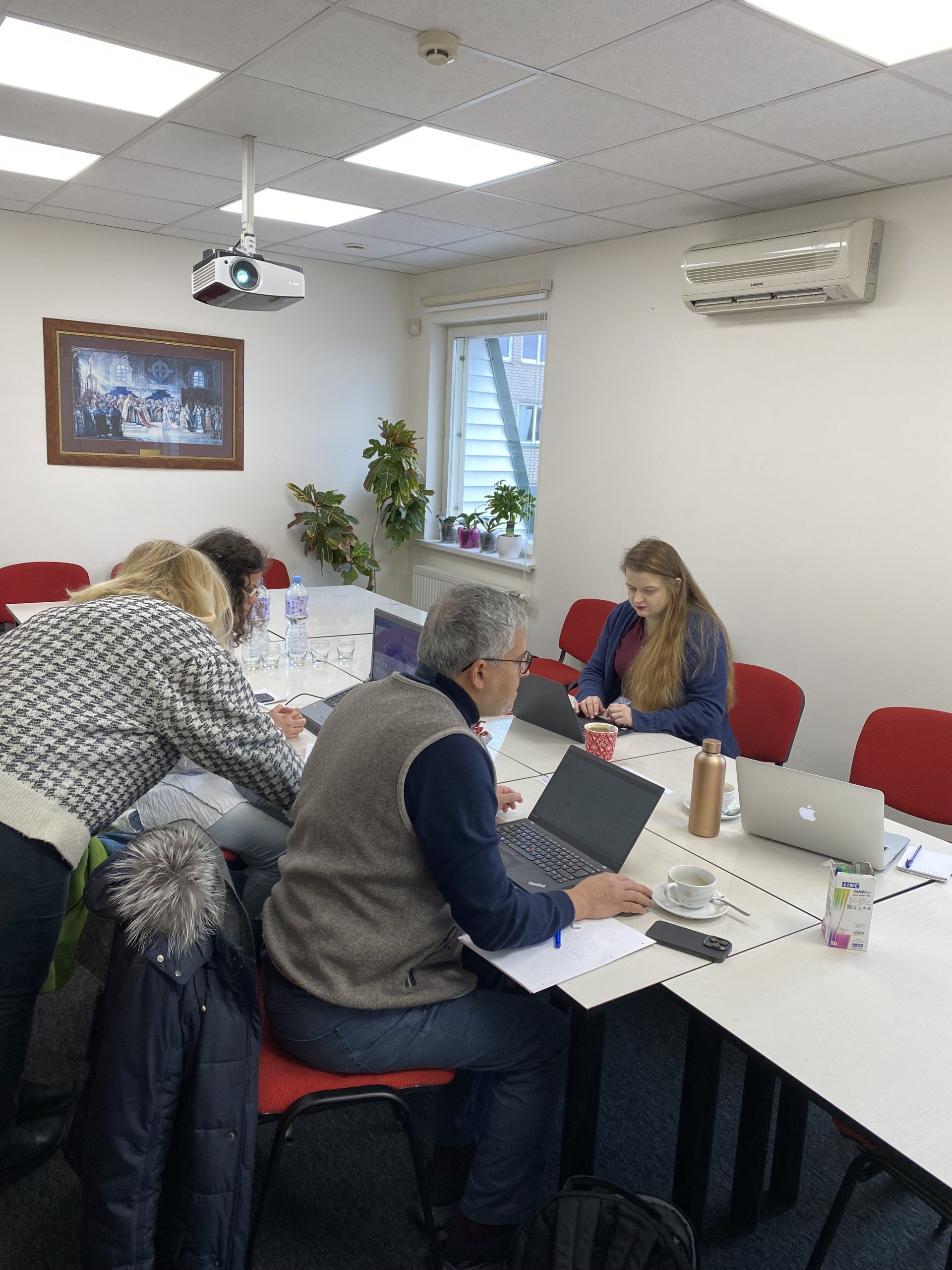Our project Aid Kit for Autonomous Online Classes has organized a training event which took place in Kaunas, Lithuania between the 31st of January and the 2nd of February.
Each institution of the partnership sent one representative, a teacher in order to provide them the opportunity to exchange some experiences related to adult teaching processes and to offer each other some useful pieces of advice. However, this was not the sole purpose of the event. The teachers were taught various engaging methodologies on how to keep their students interested in the courses and how to obtain the maximum efficiency thus minimizing the phenomenon of student drop-out.


The main topic and the purpose of the whole event was the following: Upskilling adult education trainers in digital techniques for non-formal learning programs. As the first step of the training event, each institution’s representative spoke about the adult teaching situation in their country, shared the problems they faced when teaching online, the difficulties teachers may encounter throughout the process. Since Lithuania was the country that served as a venue, participants were informed about some essentials of the local culture, basic values.
These presentations and exchange of ideas has served as a basis for the forthcoming events and activities. After the problems have been detected and spoken about, participants had the opportunity to learn about certain digital tools thus uplifting the level of their courses and getting some ideas on how to make them more engaging and efficient. In form of presentations and workshops, each of the institutions chose an educational digital tool and transferred their knowledge and experience to the rest of the group in the following way:
- Iberika – Socrative
- Bridge Language Study House – Studystack
- MHT Consult – Quizlet
- SIF – Canva
- Danmar – EdPuzzle


